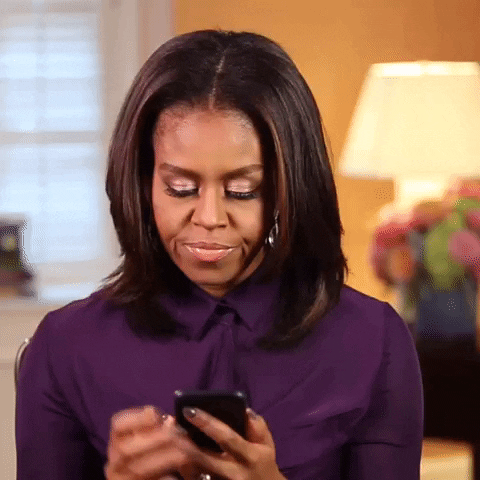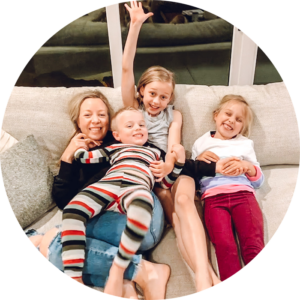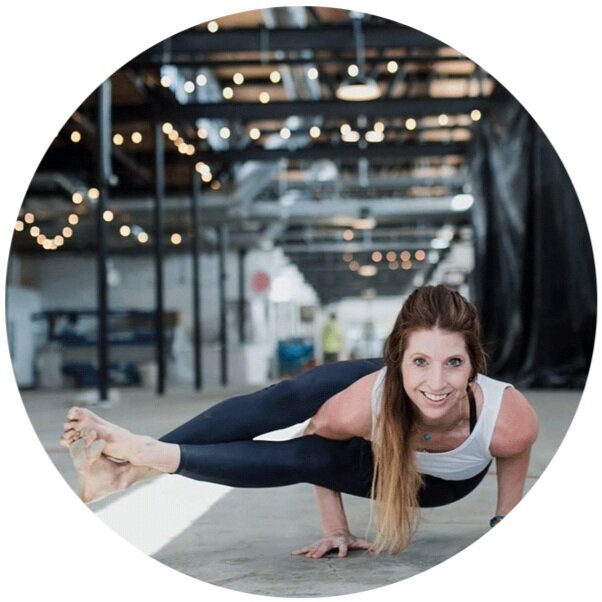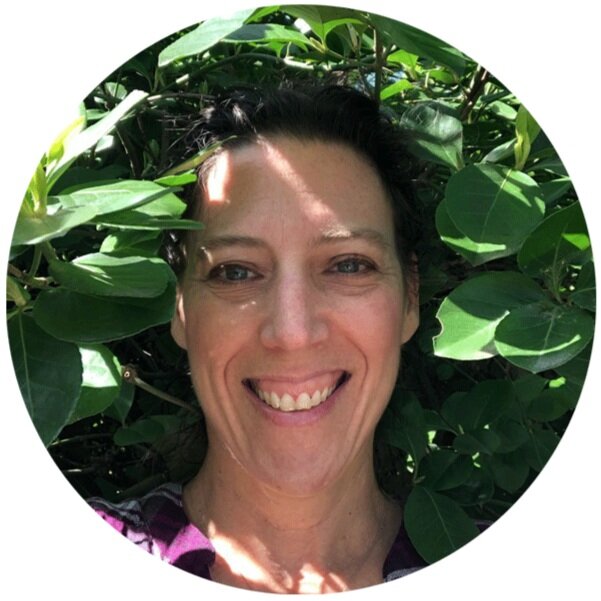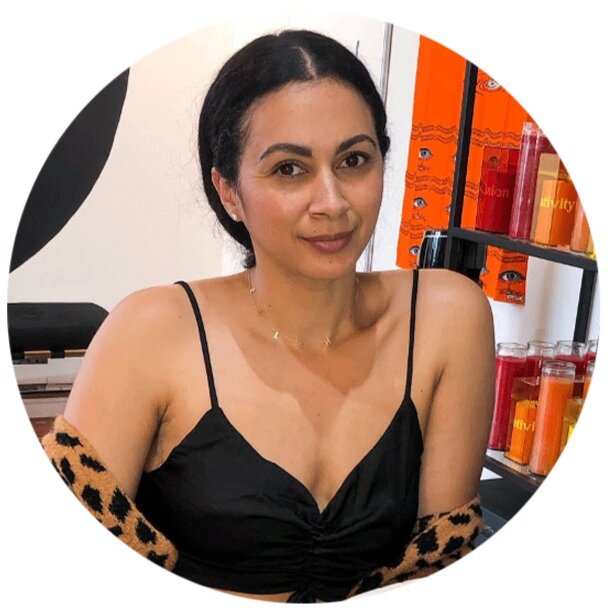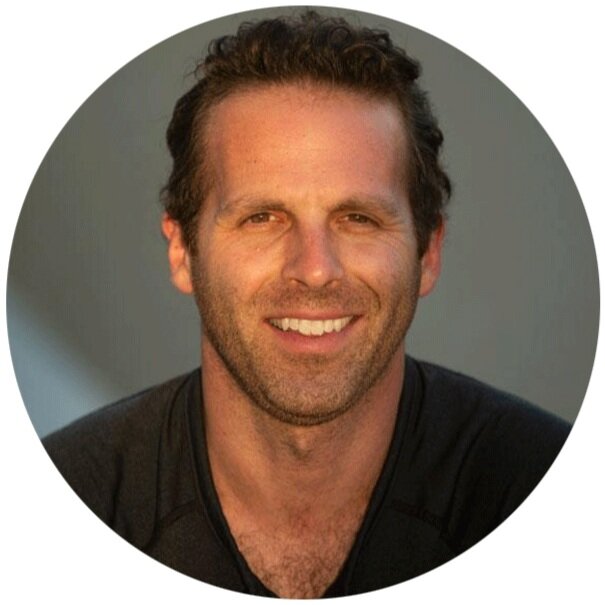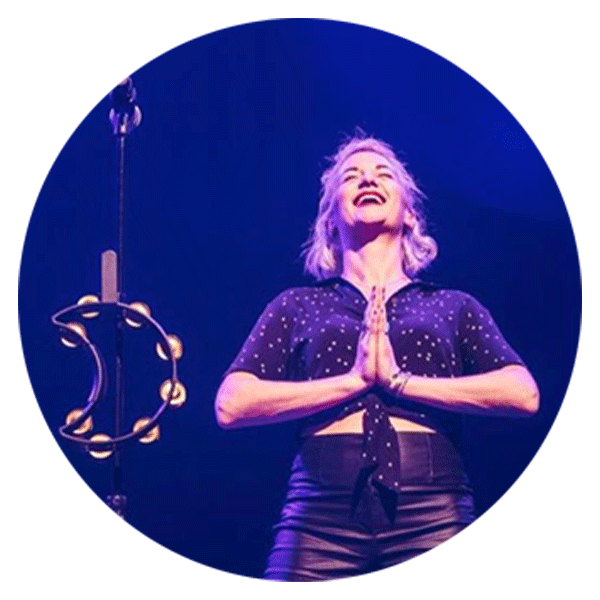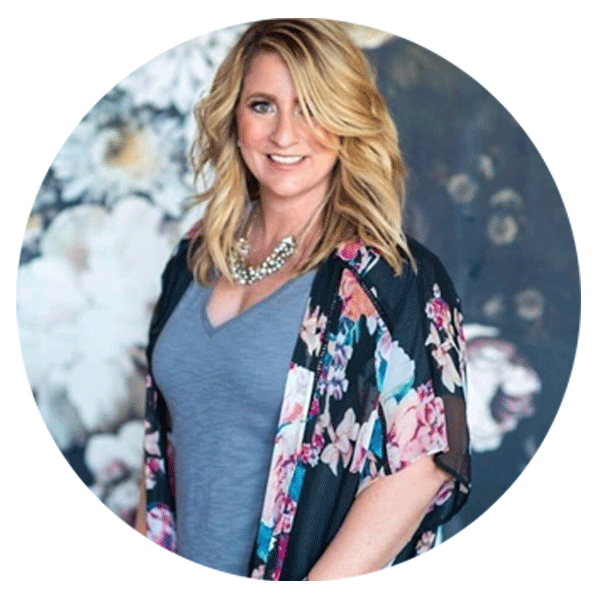Have you ever started on a journey to improve one aspect of your life and found yourself losing steam and eventually giving up? You may have beat yourself for not being more disciplined, for not having enough willpower, and not having what it takes to achieve your goals, but what if we told you it’s not your lack of willpower holding you back?
Often what we see as forward movement in others, is actually (whether by design or intuition) the result of approaching wellness holistically. Frequently, the most profound growth comes down to considering what you need for your mind, body, and soul to thrive in harmony.
This isn’t some new-age woo-woo. This is cold, hard science.
Take your emotions for example. Stanford Neuroscientist, Andrew Huberman, Ph.D. explains:
“The vagus nerve is responsible for emotion, and the way it does that is to pool – to aggregate – the conditions of your gut, the conditions of your heart, and the conditions of your breathing, which includes your diaphragm and lungs, and takes that kind of as a collection of information and sends it to the brain, and controls what we call your emotions.”
Now you might be thinking, “If that’s true, why do I still feel anxious when my gut health is so good it would make the supplement gal at Whole Foods jealous?”
That’s because your emotions are controlled by your body, but they are also influenced by cognitive events like processing stressful news, being hurt by someone you care about, or hearing great news that gets you excited. Dr. Huberman explains that your brain doesn’t act on information alone, so it combines the external factors with your body’s response to those factors, which in turn creates your moods.
Let us break that down:
INCOMING INFORMATION + EXTERNAL FACTORS + BODY’S RESPONSE = MOOD
So what does this have to do with your personal growth? Everything.
Knowing how your mind, body and soul are connected allows you to approach your wellness journey holistically. Having simultaneous support for your mental, emotional, physical, and spiritual/social health allows you to work towards your goals in a way that has built-in safety nets. Supporting yourself in this inclusive way helps minimize setbacks when life throws you curveballs.
You could be working hard on your mental health with your trusted therapist or coach, but find yourself not progressing how you’d like. You might be feeling held back by brain fog and energy levels so low that you simply can’t motivate yourself to take action. This is where working with a dietitian or health coach could be the key to unlocking the next level of your mental health journey. Optimizing your nutrition to make sure you’re getting a wide variety of brain-boosting and blood sugar balancing nutrients will make sure your body and mind are being fuelled in a way that supports your wellness journey.
Similarly, you could be carrying a lot of your emotions physically. Headaches, stiff muscles, and belly aches might be so frequent you’ve just chalked them up to simply “getting older”. PSA: Getting older doesn’t mean you have to feel like crap. Those aches and pains are your body’s way of letting you know something needs attention. One of the best ways to get unstuck emotionally is to move physically. Introducing a physical aspect to your stress reduction strategy, like walking, yoga, or massage can help shift the tension out of your body. Working with a coach can help you examine your routines in a way that doesn’t add another thing to your to-do list, but finds natural opportunities to integrate movement into your day. A practice like energy work combines physical relaxation with introspection and mindfulness in a way that can really take your holistic wellness to the next level.
If you’re working on your physical wellness with a goal to have peak energy and feel strong and confident in your skin, excessive calorie restriction and endless hours on the treadmill are unlikely going to help you see the progress you’re after. If you’ve been down this road before, you’re likely familiar with the burnout and misery that accompany this approach. A life coach can help you identify what is holding you back from reaching your goals. They might work with you on boundaries and stress reduction. Introducing a mindfulness practice and more active rest might seem counter-intuitive, but they might be the missing piece in your overall wellness puzzle.
It’s starting to make sense, isn’t it? How wonderfully, intricately connected we are. How we can’t thrive in one aspect of our lives, while neglecting others… not for long, at least.
At the end of the day, that future version of yourself you’re working towards is not going to be found through immense willpower and relentless grind. It’s going to be achieved by supporting your mind, body, and spirit so that they can work together to help you achieve your goals in a way that doesn’t require willpower. It’s going to be achieved by finding a state of flow, balance, and intention. A place where you feel grounded in yourself and where your potential is limitless.
Do you want to Transform Your Life using a holistic approach?
Consider this: feeling grounded, confident and unshakeable by building a lifestyle that uniquely supports your total health. Encompassing the four areas of health: mental, physical, emotional, and spiritual, the Whole You program will lead you through a 90-day lifestyle evolution.
